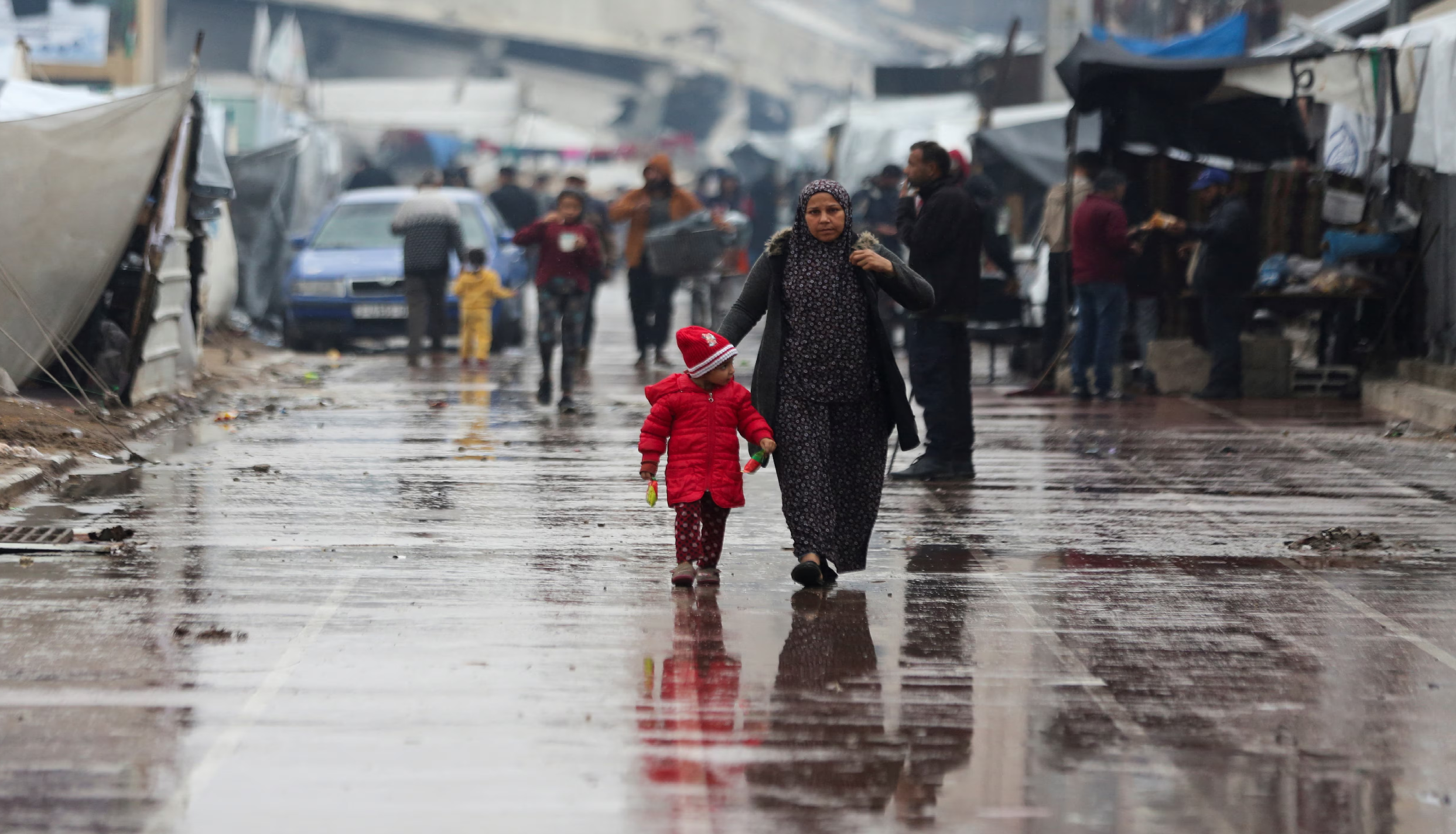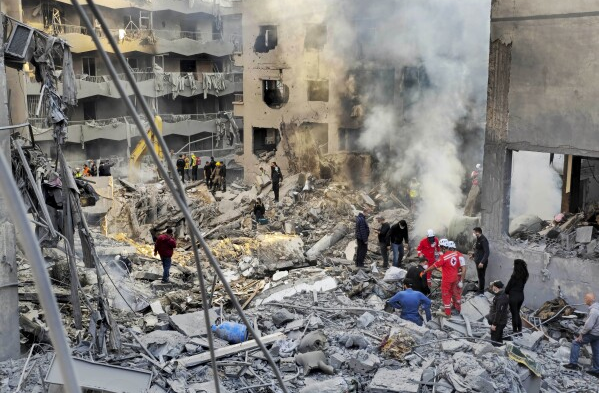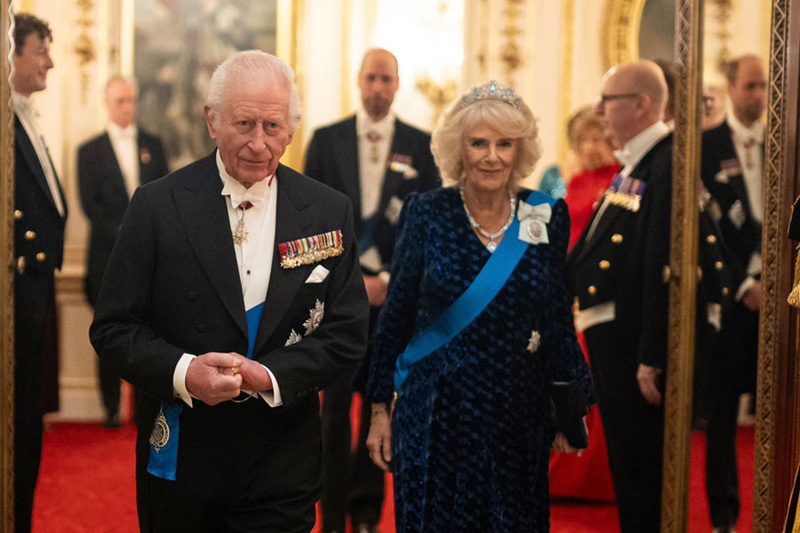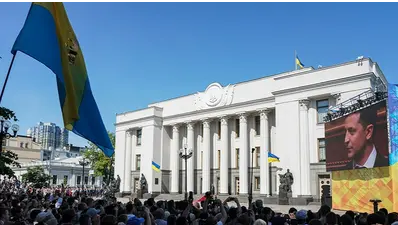
Prigozhin is in Belarus, after rebellion in Russia: Lukashenko
Associated Press
Russia: Yevgeny Prigozhin, owner of the private army of inmate recruits and other mercenaries that has fought some of the deadliest battles in Russia’s invasion of Ukraine, is in Belarus after his abortive armed rebellion against the Kremlin, Belarus’s president said Tuesday.
The exile in Belarus of the 62-year-old owner of the Wagner Group had earlier been announced by the Kremlin as part of the deal that ended the short-lived armed mutiny in Russia. Prigozhin and some of his troops would be welcome to stay in Belarus “for some time” at their own expense, Belarusian President Alexander Lukashenko said.
The Russian Defense Ministry said preparations are under way for Wagner to hand over its heavy weapons to the Russian military. There was no confirmation of that move by Prigozhin. Russian authorities said earlier Tuesday they have closed a criminal investigation into the uprising and are pressing no charges against Prigozhin or his troops after the negotiated deal.
The Federal Security Service, or FSB, said its investigation found that those involved in the mutiny, which lasted less than 24 hours after Prigozhin declared it Friday, “ceased activities directed at committing the crime,” so the case would not be pursued. Tuesday’s developments were the latest twists in a series of stunning events that have brought the gravest threat so far to President Vladimir Putin’s grip on power amid the 16-monthold war in Ukraine.
Over the weekend, the Kremlin pledged not to prosecute Prigozhin and his fighters after he stopped the revolt on Saturday, even though Putin had branded them as traitors and authorities rushed to fortify Moscow’s defenses as the mutineers approached the capital. Prigozhin’s specific whereabouts were not known at the time.
The charge of mounting an armed mutiny is punishable by up to 20 years in prison. Prigozhin escaping prosecution poses a stark contrast to how the Kremlin has treated those staging anti-government protests in Russia, where many opposition figures have gotten long sentences in notoriously harsh penal colonies.
Lukashenko, who has ruled Belarus with an iron hand for 29 years, relentlessly stifling dissent and relying on Russian subsidies and political support, portrayed the uprising as the latest development in a clash between Prigozhin and Russian Defense Minister Sergei Shoigu.
Their long-simmering personal feud has at times boiled over, and Prigozhin has said the revolt aimed to unseat Shoigu, not Putin. Lukashenko framed the insurrection as a significant menace, saying he put Belarus’ armed forces on a combat footing as the mutiny unfolded. Lukashenko said he had urged Putin not to be hasty in his response, adding that a conflict with Wagner could have spiraled out of control.
Like Putin, Lukashenko couched the Ukraine war in terms of an existential threat to Russia, saying: “If Russia collapses, we all will perish under the debris.” Peskov refused to disclose any details about the Kremlin’s deal with the Wagner chief. He said only that Putin had provided Prigozhin with “certain promises … certain guarantees,” with the aim of avoiding a “worst-case scenario.”
The mercenaries shot down at least six Russian helicopters and a military communications plane as they advanced on Moscow, according to Russian news reports. The Defense Ministry didn’t release any information about casualties, but media reports said at least a dozen airmen were killed
 English daily published in Bengaluru & Doha
English daily published in Bengaluru & Doha






